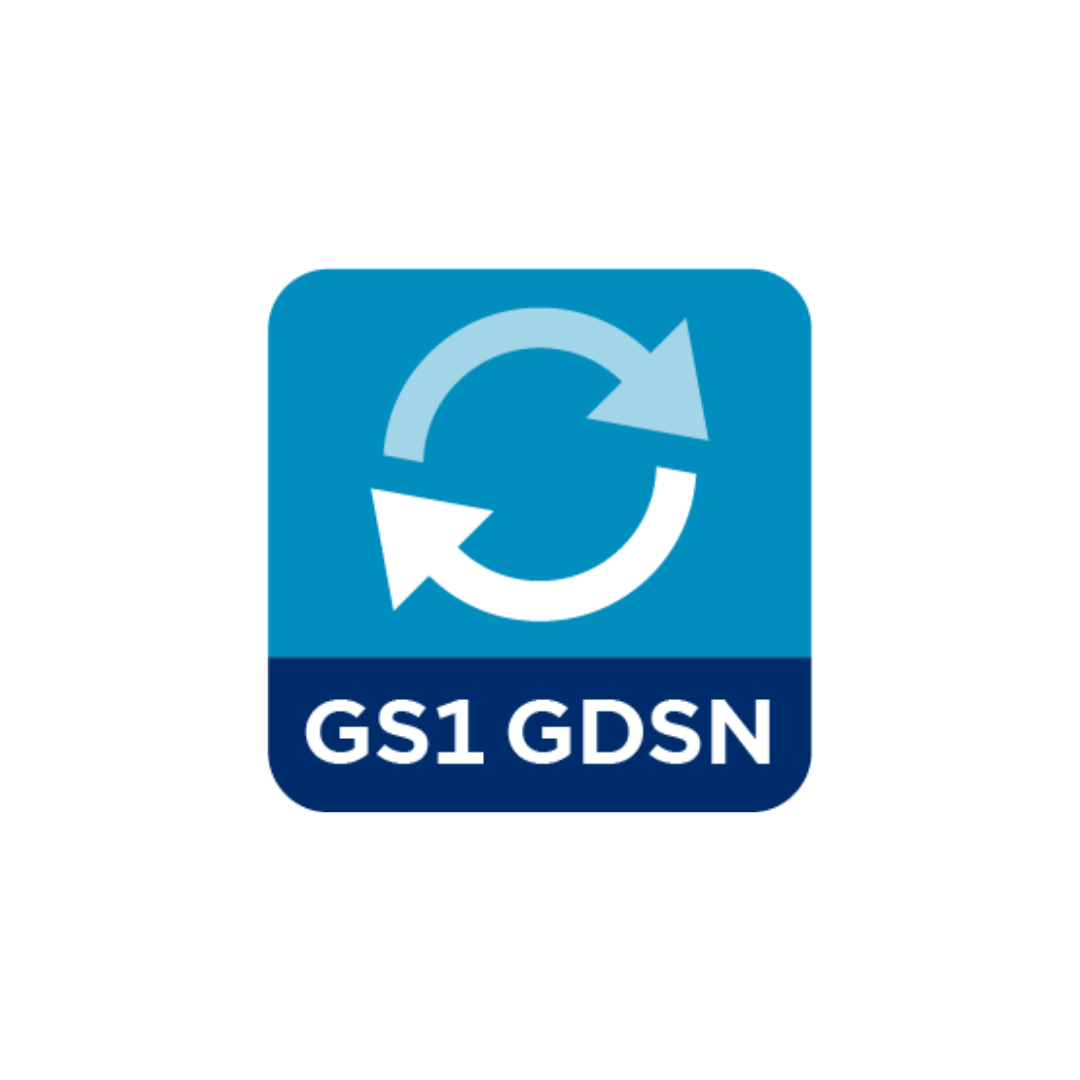Introduction Supply chain optimization has become essential for businesses striving to remain competitive in today’s fast-paced market. According to a recent KPMG survey, 60% of respondents indicated plans to invest in digital technology to improve their supply chain processes by late 2027. This significant trend highlights how critical efficient supply networks have become for modern organizations. What […]
Introduction Did you know that companies integrating b2b API solutions have experienced a market capitalization increase exceeding 12% compared to those that haven’t? This significant advantage explains why over 90% of executives now consider APIs essential for their business missions. In today’s interconnected business landscape, b2b API integration simplifies and automates data exchange between business partners. […]
Introduction Did you know that ineffective inventory management is costing businesses millions in lost sales and wasted resources? Indeed, in today’s complex supply chains, disconnected systems create a perfect storm of inconsistent data, synchronization delays, and costly errors. When product information lives in separate silos, the problems multiply quickly. Consider this 67% of Amazon’s sales […]
Introduction Retailers today face a crucial choice between omnichannel and multichannel strategies. Modern consumers expect their brand experiences to stay consistent across every touchpoint – 75% of them to be exact. Our research reveals something even more striking: using three or more channels can boost order rates by 494%. The difference between omnichannel and multichannel […]
Introduction Global data synchronization saves retail companies approximately $10.5 billion annually through standardized barcode systems. However, many businesses still struggle with supply chain errors, including inadequate inventory management and inaccurate demand forecasting, all stemming from poor data quality. We’ve seen firsthand how the Global Data Synchronization Network (GDSN) transforms operations by connecting trading partners through a […]





